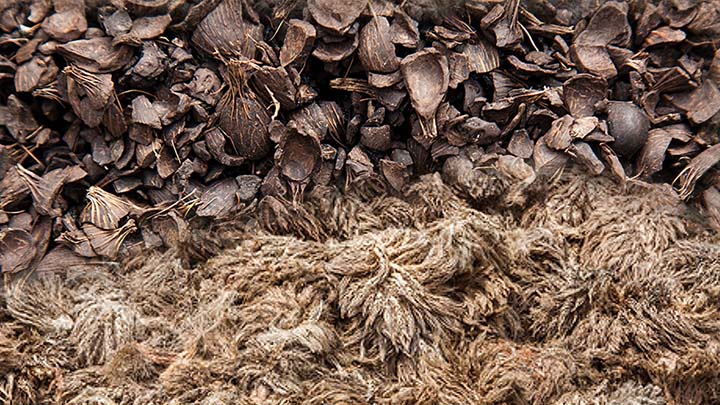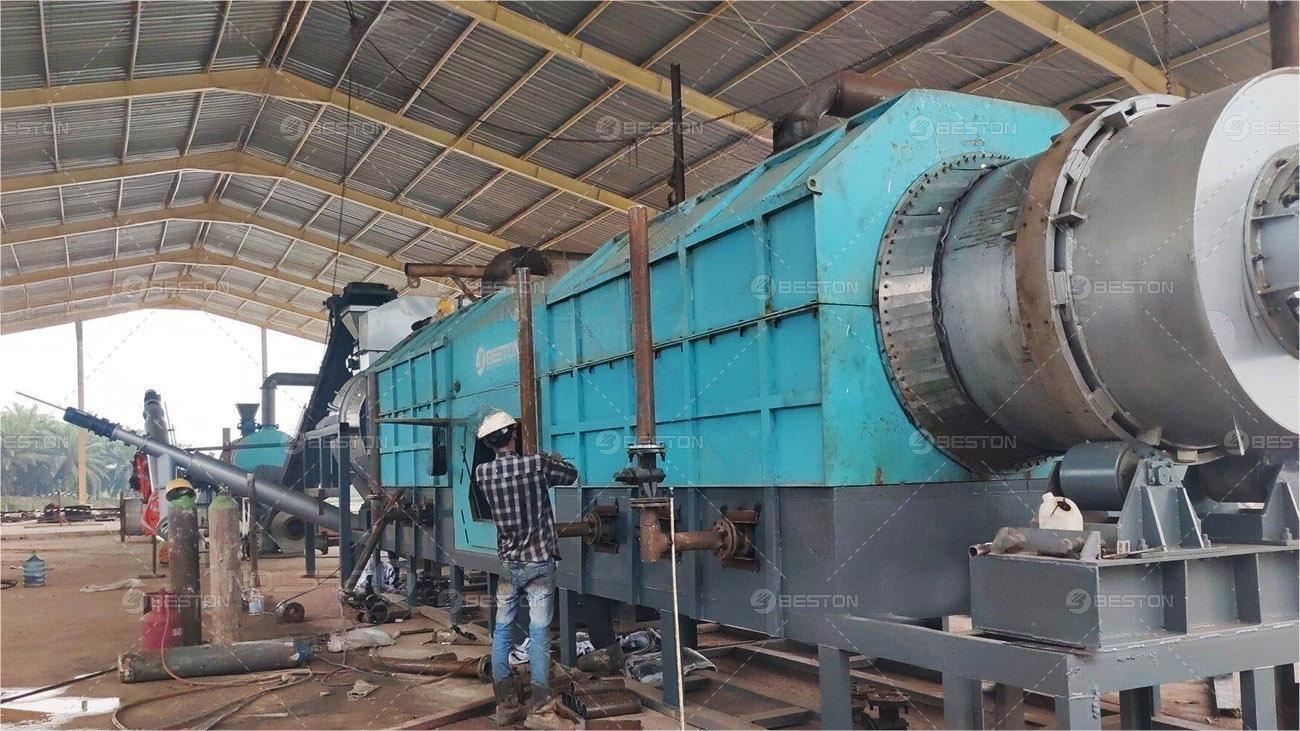In recent years, PKS (Palm Kernel Shells) and EFB (Empty Fruit Bunches) have emerged as valuable resources in the realm of sustainable business ventures. The exponential growth of the palm oil industry has consequently led to an abundance of these waste materials, offering a promising avenue for entrepreneurs to explore. However, before delving into the intricacies of establishing a charcoal making machine enterprise, it is imperative to assess the feasibility of such a venture comprehensively.

Understanding the Raw Materials
PKS and EFB are byproducts of palm oil extraction, typically discarded or underutilized. However, their potential extends far beyond mere waste. PKS, for instance, possesses high calorific value and low moisture content, rendering it an ideal feedstock for energy production. On the other hand, EFB exhibits excellent fibrous properties, making it suitable for various applications, including mulching and composting.
Market Dynamics and Demand Analysis
Before investing in a charcoal machine, it is essential to gauge the market demand for PKS and EFB derived products. The increasing global emphasis on sustainable practices and renewable energy sources has significantly bolstered the demand for biomass-based fuels and organic fertilizers. Moreover, the versatility of PKS and EFB makes them attractive commodities in industries ranging from agriculture to energy generation.
Technological Advancements in Charcoal Production
The advent of advanced charcoal making machines has revolutionized the process of converting biomass waste into value-added products. These machines utilize pyrolysis, a thermal decomposition process, to transform PKS and EFB into high-quality charcoal efficiently. The charcoal machine price varies depending on capacity, automation level, and additional features. However, the long-term benefits outweigh the initial investment, considering the potential revenue streams generated from the sale of charcoal and other byproducts.
Environmental and Regulatory Considerations
One cannot overlook the environmental implications associated with palm plantation waste recycling. While PKS and EFB utilization reduces the carbon footprint by diverting organic waste from landfills, it is essential to adhere to stringent environmental regulations. Proper waste management practices and sustainable harvesting techniques are paramount to mitigate adverse environmental impacts and ensure long-term viability.
Economic Viability and Financial Projections
Conducting a thorough cost-benefit analysis is crucial in determining the economic feasibility of a palm kernel shell charcoal making machine business. Factors such as raw material procurement costs, equipment expenses, operational overheads, and market fluctuations must be meticulously evaluated. Additionally, forecasting revenue streams from charcoal sales, byproduct utilization, and potential government incentives are integral to developing realistic financial projections.
Risk Assessment and Mitigation Strategies
Like any entrepreneurial endeavor, venturing into palm plantation waste recycling entails inherent risks. Fluctuations in raw material prices, regulatory changes, technological obsolescence, and market saturation pose significant challenges to business sustainability. Implementing robust risk management strategies, such as diversifying product offerings, securing long-term supply contracts, and staying abreast of industry trends, can help mitigate these risks effectively.
Collaborative Opportunities and Partnerships
Building strategic partnerships with stakeholders across the value chain can amplify the success of a charcoal making machine business. Collaborating with palm oil producers for consistent PKS and EFB supply, engaging with research institutions for technological innovation, and forging alliances with distributors for market penetration are avenues worth exploring. Furthermore, leveraging government initiatives and industry associations can provide access to funding opportunities and regulatory support. If you want to seek a more professional palm plantation waste recycling solution, please visit: https://bestonasia.com/

Conclusion
In conclusion, the feasibility of a palm plantation waste recycling business plan hinges on a multifaceted evaluation encompassing market dynamics, technological advancements, regulatory compliance, financial viability, risk assessment, and collaborative partnerships. While challenges abound, the burgeoning demand for sustainable solutions coupled with advancements in charcoal making machine technology present a compelling opportunity for entrepreneurs to capitalize on PKS and EFB resources. With meticulous planning, strategic foresight, and a commitment to environmental stewardship, the prospects of success in this burgeoning industry are indeed promising.